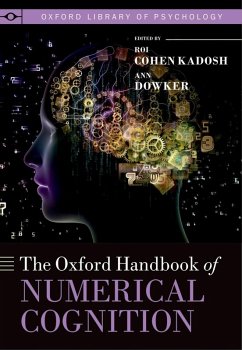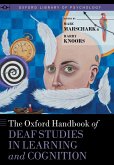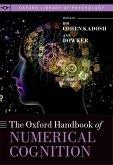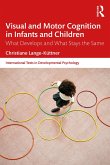How do we understand numbers? Do animals and babies have numerical abilities? Why do some people fail to grasp numbers, and how we can improve numerical understanding? Numbers are vital to so many areas of life: in science, economics, sports, education, and many aspects of everyday life from infancy onwards. Numerical cognition is a vibrant area that brings together scientists from different and diverse research areas (e.g., neuropsychology, cognitive psychology, developmental psychology, comparative psychology, anthropology, education, and neuroscience) using different methodological approaches (e.g., behavioral studies of healthy children and adults and of patients; electrophysiology and brain imaging studies in humans; single-cell neurophysiology in non-human primates, habituation studies in human infants and animals, and computer modeling). While the study of numerical cognition had been relatively neglected for a long time, during the last decade there has been an explosion of studies and new findings. This has resulted in an enormous advance in our understanding of the neural and cognitive mechanisms of numerical cognition. In addition, there has recently been increasing interest and concern about pupils' mathematical achievement in many countries, resulting in attempts to use research to guide mathematics instruction in schools, and to develop interventions for children with mathematical difficulties. This handbook brings together the different research areas that make up the field of numerical cognition in one comprehensive and authoritative volume. The chapters provide a broad and extensive review that is written in an accessible form for scholars and students, as well as educationalists, clinicians, and policy makers. The book covers the most important aspects of research on numerical cognition from the areas of development psychology, cognitive psychology, neuropsychology and rehabilitation, learning disabilities, human and animal cognition and neuroscience, computational modeling, education and individual differences, and philosophy. Containing more than 60 chapters by leading specialists in their fields, the Oxford Handbook of Numerical Cognition is a state-of-the-art review of the current literature.
Dieser Download kann aus rechtlichen Gründen nur mit Rechnungsadresse in A, B, BG, CY, CZ, D, DK, EW, E, FIN, F, GR, HR, H, IRL, I, LT, L, LR, M, NL, PL, P, R, S, SLO, SK ausgeliefert werden.









